Filter by
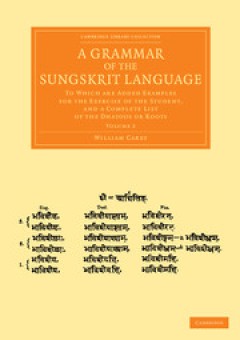
A Grammar of the Sungskrit Language to Which Are Added Examples for the Exer…
The Indo-Aryan language of Sanskrit is the primary language of Hinduism and also a scholarly language of Buddhism. Dating back to the second millennium BCE, it is considered to be the parent of most modern languages of India, and remains central to work in Indo-European studies, philology and linguistics today. First published in 1806, this is a comprehensive grammar of Sanskrit, compiled by th…
- Edition
- -
- ISBN/ISSN
- 9781139507271
- Collation
- -
- Series Title
- Cambridge Library Collection - Perspectives from the Royal Asiatic Society
- Call Number
- -
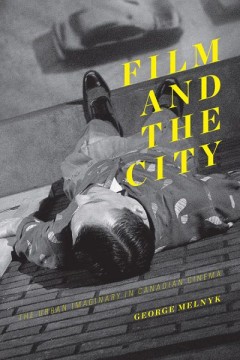
Film and the City the Urban Imaginary in Canadian Cinema
Examining fourteen Canadian films produced from 1989 to 2007, including Denys Arcand’s Jésus de Montréal (1989), Jean-Claude Lauzon’s Léolo (1992), Mina Shum’s Double Happiness (1994), Clément Virgo’s Rude (1995), and Guy Maddin’s My Winnipeg (2007), Film and the City is the first comprehensive study of Canadian film and “urbanity”—the totality of urban culture and life. Dra…
- Edition
- -
- ISBN/ISSN
- 9781927356593.01
- Collation
- -
- Series Title
- -
- Call Number
- 319 pages

Yosano Akiko and The Tale of Genji
Yosano Akiko (1878–1942) has long been recognized as one of the most important literary figures of prewar Japan. Her renown derives principally from the passion of her early poetry and from her contributions to 20th-century debates about women. This emphasis obscures a major part of her career, which was devoted to work on the Japanese classics and, in particular, the great Heian period text …
- Edition
- -
- ISBN/ISSN
- 9780472902002
- Collation
- -
- Series Title
- -
- Call Number
- 895.6 ROW y
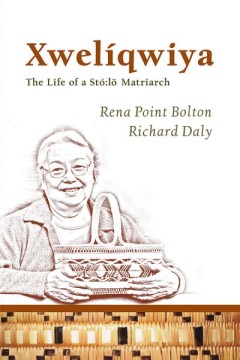
Xwelíqwiya the Life of a Stó:lō Matriarch
Xwelíqwiya is the life story of Rena Point Bolton, a Stó:lō matriarch, artist, and craftswoman. Proceeding by way of conversational vignettes, the beginning chapters recount Point Bolton’s early years on the banks of the Fraser River during the Depression. While at the time the Stó:lō, or Xwélmexw, as they call themselves today, kept secret their ways of life to avoid persecution by the…
- Edition
- -
- ISBN/ISSN
- 9781927356562.01
- Collation
- p. 312
- Series Title
- Our Lives: Diary, Memoir, and Letters
- Call Number
- 312 pages
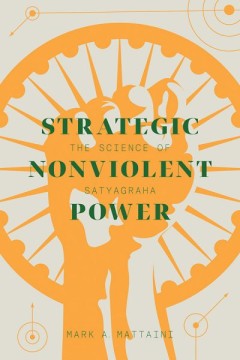
Strategic Nonviolent Power The Science of Satyagraha
History indicates that there are powerful routes to liberation from oppression that do not involve violence. Mohandas Gandhi called for a science of nonviolent action, one based on satyagraha, or the “insistence on truth.” As Gandhi understood, nonviolent resistance is not passive, nor is it weak; rather, such action is an exercise of power. Despite the success of Gandhi’s “Quit India�…
- Edition
- -
- ISBN/ISSN
- 9781927356418.01
- Collation
- -
- Series Title
- -
- Call Number
- 328 pages
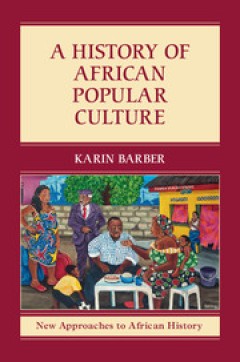
A History of African Popular Culture
Popular culture in Africa is the product of everyday life: the unofficial, the non-canonical. And it is the dynamism of this culture that makes Africa what it is. In this book, Karin Barber offers a journey through the history of music, theatre, fiction, song, dance, poetry, and film from the seventeenth century to the present day. From satires created by those living in West African coastal to…
- Edition
- -
- ISBN/ISSN
- 9781139061766
- Collation
- -
- Series Title
- New Approaches to African History
- Call Number
- -
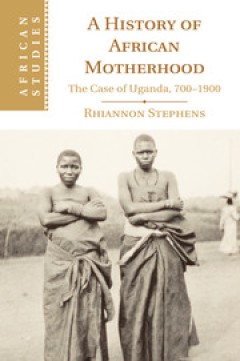
A History of African Motherhood The Case of Uganda, 700–1900
This history of African motherhood over the longue durée demonstrates that it was, ideologically and practically, central to social, economic, cultural and political life. The book explores how people in the North Nyanzan societies of Uganda used an ideology of motherhood to shape their communities. More than biology, motherhood created essential social and political connections that cut acros…
- Edition
- -
- ISBN/ISSN
- 9781139344333
- Collation
- -
- Series Title
- African Studies
- Call Number
- -
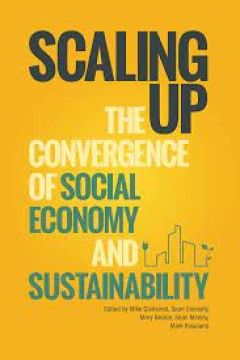
Scaling Up the Convergence of Social Economy and Sustainability
hen citizens take collaborative action to meet the needs of their community, they are participating in the social economy. Co-operatives, community-based social services, local non-profit organizations, and charitable foundations are all examples of social economies that emphasize mutual benefit rather than the accumulation of profit. While such groups often participate in market-based activiti…
- Edition
- 1
- ISBN/ISSN
- 9781771990219.01
- Collation
- 316 pages
- Series Title
- -
- Call Number
- -
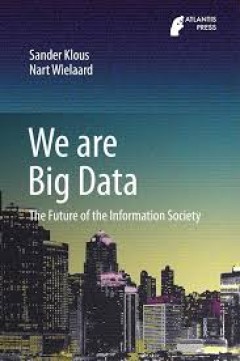
We are Big Data The Future of the Information Society
This book demonstrates the inevitability of a continuously growing role of data in our society and it stresses that this role does not need to be threatening: to the contrary, collection and analysis of data can help us prevent traffic jams, suppress epidemics, or produce tailor made medicine. The authors sketch the contours of a new information society, in which everything will be measured fro…
- Edition
- -
- ISBN/ISSN
- 978-94-6239-183-3
- Collation
- -
- Series Title
- -
- Call Number
- -
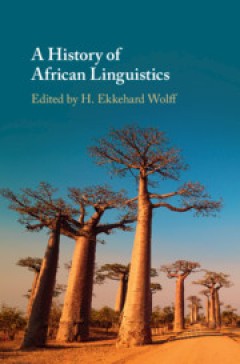
A History of African Linguistics
Bringing together a team of leading scholars, this volume forms the first global history of African linguistics as an autonomous academic discipline, covering Africa, America, Asia, Australia, and Europe. Defining African linguistics, the volume describes its emergence from a 'colonial science' at the turn of the twentieth century in Europe, where it was first established mainly in academic ins…
- Edition
- -
- ISBN/ISSN
- 9781108283977
- Collation
- -
- Series Title
- -
- Call Number
- -
 Computer Science, Information & General Works
Computer Science, Information & General Works  Philosophy & Psychology
Philosophy & Psychology  Religion
Religion  Social Sciences
Social Sciences  Language
Language  Pure Science
Pure Science  Applied Sciences
Applied Sciences  Art & Recreation
Art & Recreation  Literature
Literature  History & Geography
History & Geography